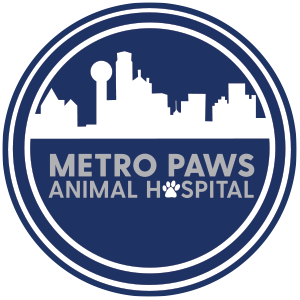Dr. David Deresz
Nutrition is a very important component to maintaining good health for cats through all life stages. Calories, macronutrients, and electrolytes requirements change as your pet ages. These may need adjustments when certain diseases develop.
Kittens require a higher amount of calories per body weight, when compared to adult and senior cats. These are accounted for when following the guidelines that are listed on kitten diets. Once your pet reach 9 to 12 months of age, they should be transitioned to an adult diet.
Macronutrients are also important and vary from requirements of dogs. Cats should be fed a very high protein, moderate fat, very low carbohydrate diet. This can best be achieved with wet foods. Dry food on the other hand, must contain a high amount of carbohydrates in order to be formulated. Feeding higher amounts of carbohydrates can predispose cats to obesity and diabetes. Obesity is very common. This risk can also be minimized by meal feeding, rather than free feeding.
When certain diseases develop, the diet can be changed to a help control or manage that disease. The three most common diseases that the diet is changed for are urinary problems, diabetes, and kidney disease. For cats with recurrent urinary issues, such as urinary tract infections, feline idiopathic cystitis, urethral obstructions, and bladder stones, a diet that encourages water intake, adjusts urine pH, and promotes dissolution or urine crystals is used. In cats with diabetes (obesity related type 2), it is much easier to control when using a very high protein, very low carbohydrate diet. For cats with age related kidney degeneration, known as chronic kidney disease, diets much lower in protein, phosphorus, and salt have been shown to increase lifespan compared to over the counter diets.
If you have questions as to what your pet should be eating, please let us know. Discussing diets is something we do daily.
